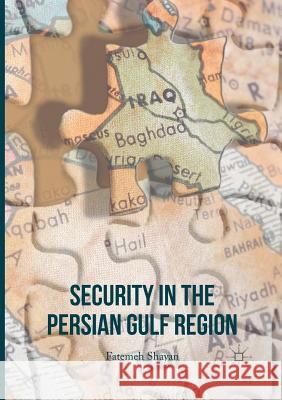Security in the Persian Gulf Region » książka
topmenu
Security in the Persian Gulf Region
ISBN-13: 9781349954490 / Angielski / Twarda / 2018 / 226 str.
Kategorie BISAC:
Wydawca:
Palgrave MacMillan
Język:
Angielski
ISBN-13:
9781349954490
Rok wydania:
2018
Wydanie:
Softcover Repri
Ilość stron:
226
Waga:
0.29 kg
Wymiary:
21.01 x 14.81 x 1.3
Oprawa:
Twarda
Wolumenów:
01
Dodatkowe informacje:
Wydanie ilustrowane











